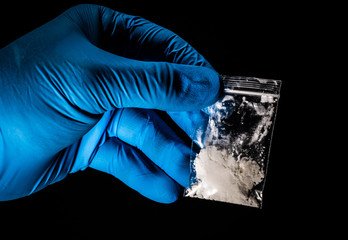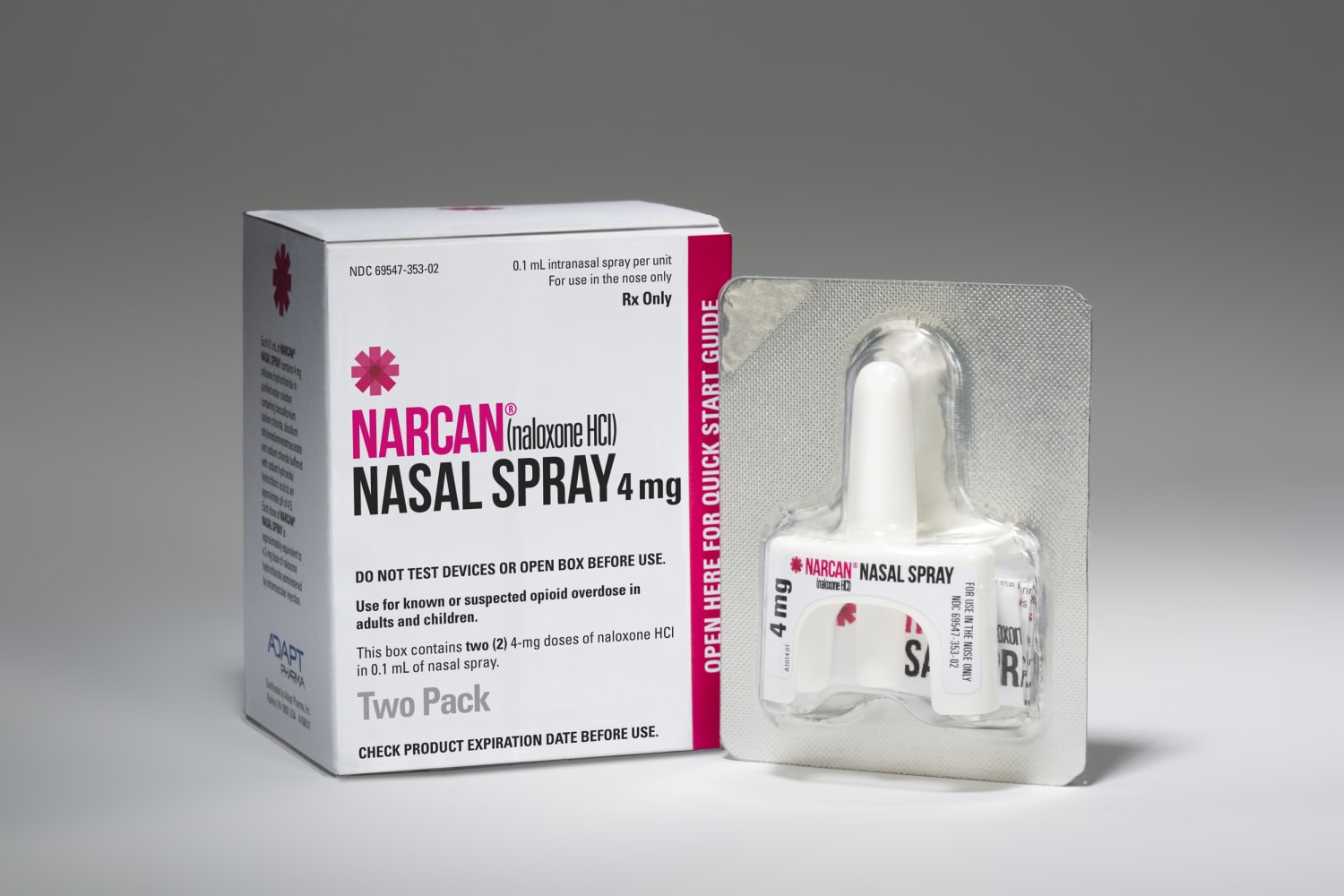Article
The Business of Fentanyl
Insights from the Rx and Illicit Drug Summit
Powerful, Potent, Profitable
This April, over 3,000 people gathered in Atlanta from across the country, as they have done for the past 12 years, to focus on how to mitigate the impact that illegal drugs have had on our society. We've all heard about the Opioid Crisis, but over the last few years, fentanyl, a synthetic opioid, has been the game changer that has been an inflection point to make the Opioid Crisis more deadly than it's ever been.
Many of the sessions were focused on harm reduction strategies like the distribution of Narcan, the drug to reverse overdose, prevention strategies to raise people's awareness of the risks, or legal strategies to toughen the penalties for distributing the drug. One of the more enlightening sessions came from the DEA, Drug Enforcement Agency, who took us through an explanation of the "business of fentanyl".

Fentanyl is Lucrative for the Drug Cartels

What is fentanyl?
For those of you who may not be familiar with the drug, it's a synthetic opioid and about 50 times more powerful than heroin and 100 times more powerful that morphine. It's added to counterfeit Adderall or Xanax , laced into heroin, added to cocaine and even to put gummies. And if added in the wrong quantities, which it often is, then a very small amount of the drug almost always leads to a fatal overdose. According to the DEA, 6 of 10 counterfeit pills they confiscate contain a lethal dose of fentanyl.

Why do the cartels love it?
Drug cartels don't get out of bed in the morning unless they can make a profit. And fentanyl is highly profitable. Let's think about what it takes to produce other drugs and how this is different for fentanyl. If you want to produce heroin, cocaine, or marijuana, you must start by growing a plant. That takes land, farming, harvesting and processing and you could lose your crop to weather, to your fields being destroyed or to a lack of local labor.
Now contrast that with how fentanyl is produced. There are no plants involved, no growing seasons and no risk that drug enforcement will find and destroy your fields. It's synthetic, made in a lab or even in your kitchen and the ingredients are dirt cheap. The cartels get fentanyl from China, then use the powder to mix into other street drugs like heroin, cocaine or counterfeit pills.

So why juice up other drugs with fentanyl?
Fentanyl is much more potent that heroin, by about 50 times, and it's much more addictive. Add fentanyl to another drug and the person gets a new kind of high and a more powerful addiction to the substance. Cartels need their customers to keep coming back for more and a much more addictive substance ensures they will keep buying.

Why is fentanyl easier to smuggle?
You've seen video and news reports when drug enforcement confiscate heroin that they've seized at the border, transported by sea, or trucked in. Those big bales take up a lot of space and the cartel had to go to significant effort to conceal them. Fentanyl, as a stand-alone substance, before it is ever mixed into another drug comes in much smaller quantities because of its potency. That means it's easier to transport, easier to hide and easier to get into the country. The DEA shared that there is already enough fentanyl in the United States to kill every man, woman and child 5 times over.

How do you stop the fentanyl money machine?
Just like any business, cartels depend on repeat customers who are motivated to use a fentanyl laced product, get hooked on its powerful addictive qualities, and keep coming back for more. If demand is cut because people become aware of the elevated and deadly overdose risk, we just might reduce the number of repeat customers, reduce profit and send the cartels back to their more traditional, but less deadly drug trade.
Make it less lucrative for the cartels
If fentanyl took off because it was a lucrative business decision for the cartels, we need to find ways to make it less lucrative by cutting the supply from China, making it harder to transport to the customer, and decreasing the number of repeat buyers of contaminated products. If those things happen, there will be a pivot to something else by the cartels with the hope that their next business venture doesn't keep killing the customers that drive their profits.
LifeLine Connect
Building technology to use data from wearables to detect overdose, alert others and send help to prevent fentanyl overdose deaths.
